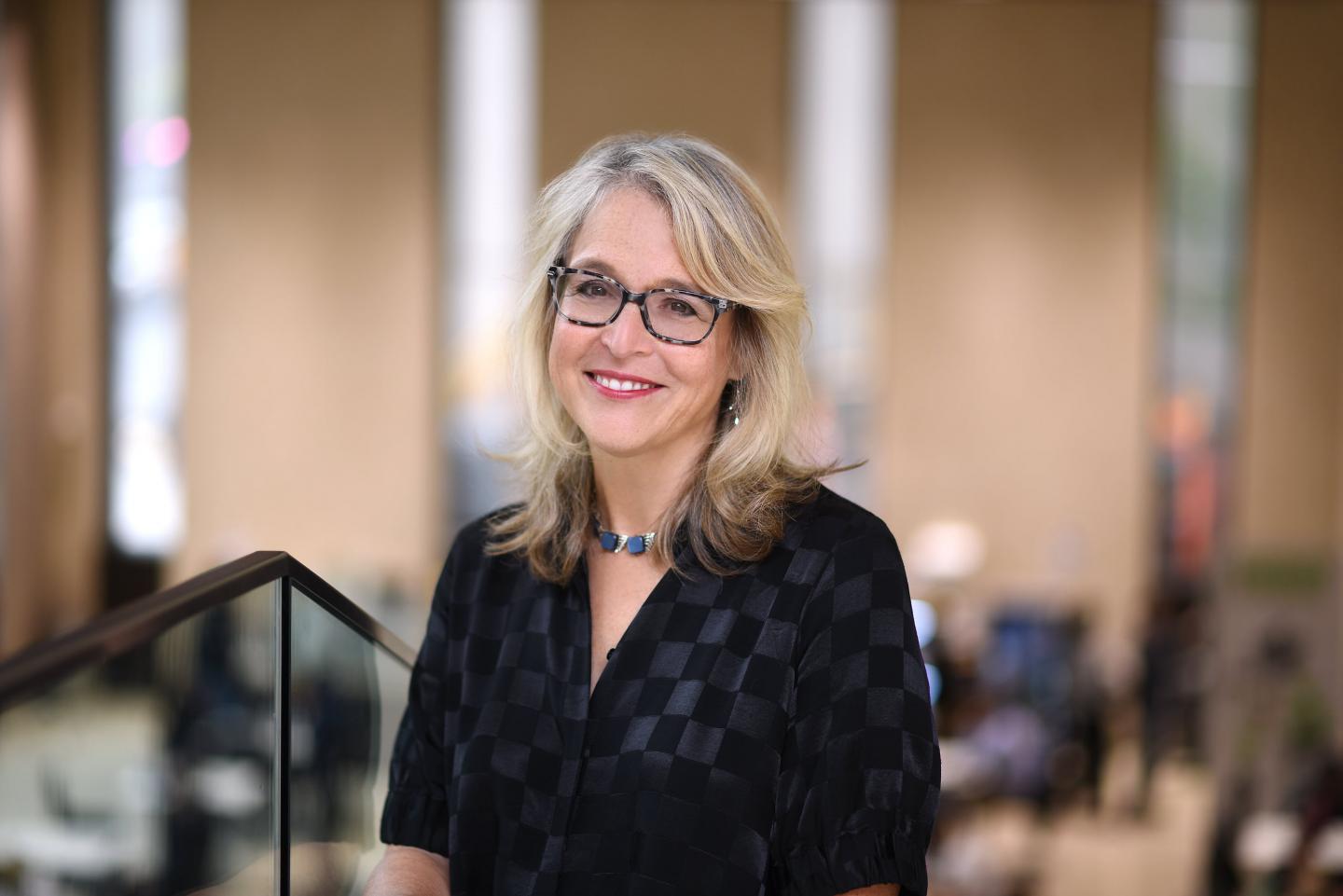
Credit: Mount Sinai Health System
The Icahn School of Medicine at Mount Sinai has launched a new center for psychedelics research. The Center for Psychedelic Psychotherapy and Trauma Research pursues a multipronged clinical and research approach to discovering novel and more efficacious therapies for post-traumatic stress disorder (PTSD), depression, anxiety, and other stress-related conditions in the veteran and civilian population. The Center will focus on studying MDMA, psilocybin, and other psychedelic compounds.
MDMA, the psychoactive drug sometimes referred to as ecstasy, has the potential to become a powerful tool in the treatment of PTSD. In 2017, the U.S. Food and Drug Administration designated MDMA-assisted psychotherapy as a breakthrough therapy. Although MDMA itself is not yet approved for clinical use, Phase III trials are underway, and expanded access status to the treatment was recently granted. While the results of preliminary clinical studies are extremely promising, MDMA-assisted therapy is an entirely new treatment modality. Therefore, it is critical to obtain information about how the therapy may work in patients with complex mental health issues.
The Center for Psychedelic Psychotherapy and Trauma Research will focus on performing the clinical trials necessary for adoption of MDMA and other psychedelic-assisted psychotherapy. The Center will also conduct comprehensive research on the mechanisms of action of these treatments so that they can be scaled and most effectively delivered to appropriate patients.
The Center is led by Rachel Yehuda, PhD, Professor of Neuroscience and Psychiatry at the Icahn School of Medicine at Mount Sinai. She is also Director of Mental Health at the Bronx VA Medical Center and Director of the Traumatic Stress Studies Program at Mount Sinai, a program she founded in 1991. Dr. Yehuda has a long track record of educational, clinical, and world-renowned scientific work in traumatic stress studies and recently completed the clinician training for MDMA-assisted psychotherapy sponsored by the Multidisciplinary Association for Psychedelic Studies (MAPS).
“People taking MDMA report feelings of introspection, connectedness, compassion towards self and others, empathy, and increased interpersonal trust, which are optimal conditions for engaging in the processing of difficult or traumatic material,” said Dr. Yehuda. “It is important that we listen to people’s subjective experiences with these compounds and then study therapeutic possibilities through rigorous clinical trials.”
The center is being launched with activity in four key areas:
- Training and Education: Licensed clinicians trained and credentialed in psychedelic-assisted psychotherapy training (provided by the MAPS) will establish a program to train others in the mental health community. The center will also establish a curriculum for a clinical rotation that will provide education about psychedelic-assisted psychotherapy in the ISMMS psychiatry residency.
- Clinical Trials: The center will pilot and evaluate the delivery of psychedelic-assisted psychotherapy for patients with PTSD.
- Basic Science and Translational Neuroscience Research: The center will investigate the mechanisms of psychedelics using a combination of clinical and translational approaches to study the effects of these treatment approaches on brain function and cellular biology.
- Collaboration and Public Education: To facilitate scientific collaboration, the center will develop a consortium with investigators at other academic centers that are also interested in understanding mechanisms of action and clinical effects of psychedelic therapies, and will develop programming for the public on the use of psychedelic-assisted psychotherapy.
“New approaches are desperately needed for the millions of people, both civilians and veterans, who suffer from PTSD,” said Dennis S. Charney, MD, the Anne and Joel Ehrenkranz Dean of the Icahn School of Medicine at Mount Sinai and President for Academic Affairs for the Mount Sinai Health System. “Researchers at the Mount Sinai Health System are at the forefront of uncovering the biological causes of these disorders, and we understand that the future of psychotherapy must include research into existing compounds, and not just the discovery of new drugs and therapies. Under Dr. Yehuda’s leadership, The Center for Psychedelic Psychotherapy and Trauma Research will provide better understanding of how this particular treatment works and of the mechanisms of resilience and recovery for some of the most devastating psychiatric disorders.”
###
To hear Dr. Yehuda talk about the therapeutic promise of psychedelics, click here to access “PTSD, Meet MDMA,” a recent episode of Mount Sinai’s Road to Resilience podcast.
About the Mount Sinai Health System
The Mount Sinai Health System is New York City’s largest academic medical system, encompassing eight hospitals, a leading medical school, and a vast network of ambulatory practices throughout the greater New York region. Mount Sinai is a national and international source of unrivaled education, translational research and discovery, and collaborative clinical leadership ensuring that we deliver the highest quality care–from prevention to treatment of the most serious and complex human diseases. The Health System includes more than 7,200 physicians and features a robust and continually expanding network of multispecialty services, including more than 400 ambulatory practice locations throughout the five boroughs of New York City, Westchester, and Long Island. The Mount Sinai Hospital is ranked No. 14 on U.S. News & World Report’s “Honor Roll” of the Top 20 Best Hospitals in the country and the Icahn School of Medicine as one of the Top 20 Best Medical Schools in country. Mount Sinai Health System hospitals are consistently ranked regionally by specialty by U.S. News & World Report.
For more information, visit https:/
Media Contact
Elizabeth Dowling
[email protected]
Original Source
http://www.





